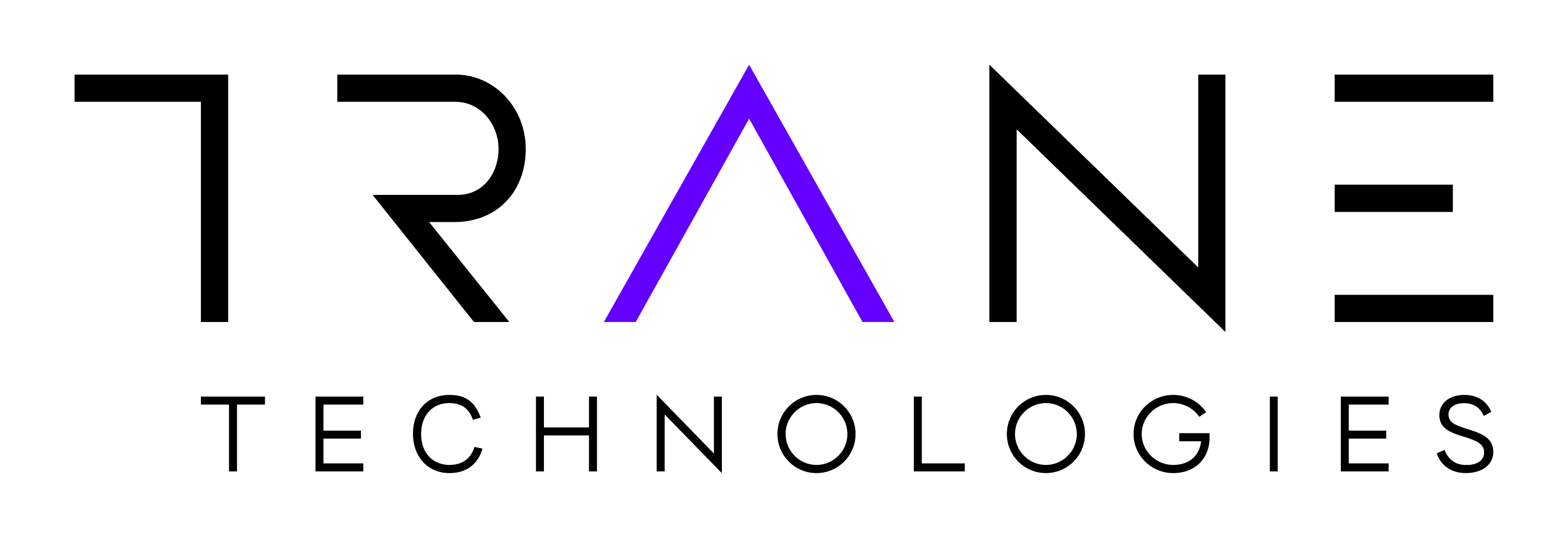Ingersoll Rand Shares Smart Building Insights at 2016 Building Energy Summit

DAVIDSON, N.C., March 20, 2016 /3BL Media/ – Owen Smith, director, energy policy and strategy, Center for Energy Efficiency & Sustainability (CEES) at Ingersoll Rand (NYSE: IR), a world leader in creating comfortable, sustainable and efficient environments, shared insights at the 2016 Building Energy Summit in Washington, DC on March 16 to help building owners understand and maximize the benefits of smart buildings.
Smith joined experts from Philips Lighting and exp US Services, Inc., on a panel moderated by Leo O’Loughlin, senior vice president for energy and sustainability services at JLL. The panel, “Smart Buildings: Redefining the Future Workplace Environment,” explored key performance indicators for smart buildings, design technology to support building networks, and the value provided by smart building applications.
“When it comes to the value of smart technology in buildings, we know that the benefits are clear for owners and occupants – from efficiency to productivity to comfort and more,” Smith said. “But there are also benefits outside of the building. Opportunities exist at the grid-level where buildings can provide value to the electricity system by acting as resources for the grid.”
The 2016 Building Energy Summit is an annual conference that gathers commercial building owners and energy experts to collaborate on best practices, share case studies and provide necessary resources for implementing energy efficient technologies and solutions. This year’s conference is built around the theme "Redefining Efficiency in the Built Environment."
Ingersoll Rand Climate Commitment
Ingersoll Rand, a world leader in creating comfortable, sustainable and efficient environments, announced in 2014 the company’s Climate Commitment to reduce greenhouse gas (GHG) emissions from its products and operations by 2030. The Ingersoll Rand Climate Commitment pledged to:
- Cut the refrigerant GHG footprint of its products by 50% by 2020 and incorporate lower global warming potential (GWP) alternatives across its portfolio by 2030;
- Invest $500 million in product-related research and development over the next five years to fund the long-term reduction of GHG emissions; and
- Reduce company operations-related GHG emissions by 35% by 2020.
To date, the company’s Climate Commitment has supported the avoidance of approximately 2 million metric tons of CO2e globally, which is the equivalent of avoiding annual CO2 emissions from energy used in more than 270,000 homes and more than 2.1 billion pounds of coal burned. By 2030, the company expects to reduce its carbon footprint by 50 million metric tons.
About Ingersoll Rand
Ingersoll Rand (NYSE:IR) advances the quality of life by creating comfortable, sustainable and efficient environments. Our people and our family of brands — including Club Car®, Ingersoll Rand®, Thermo King® and Trane® — work together to enhance the quality and comfort of air in homes and buildings; transport and protect food and perishables; and increase industrial productivity and efficiency. We are a $13 billion global business committed to a world of sustainable progress and enduring results. For more information, visit www.ingersollrand.com.
About the Speaker
Owen Smith is the director of energy policy and strategy in Ingersoll Rand’s Center for Energy Efficiency and Sustainability (CEES). In this role he works with Ingersoll Rand’s businesses to develop market-leading strategies that reflect significant trends in the energy sector. His efforts expand and accelerate market opportunities for energy efficiency solutions by engaging with leaders from business, non-profit, academic and government institutions. He also seeks to ensure the company’s strategic brands are well positioned to thrive as they address society’s pressing energy and environmental challenges.
Smith came to CEES from Rocky Mountain Institute (RMI), a thought leading environmental non-profit that engages with businesses, communities and institutions to advance market-based solutions to accelerate the transition to a clean energy future. As Principal of RMI’s Electricity and Communities Practices, he was accountable for programmatic goals to accelerate the transformation of the electricity system and to enable communities to capture economic benefits by leading on climate and energy challenges.
Prior to RMI, Smith worked at Duke Energy where he scaled renewable energy and energy efficiency across Duke’s regulated utilities. He also held positions in corporate strategy, mergers & acquisitions, finance and marketing.
Contact
Dan Berei, Ingersoll Rand
704-655-5018, dand.berei@irco.com

